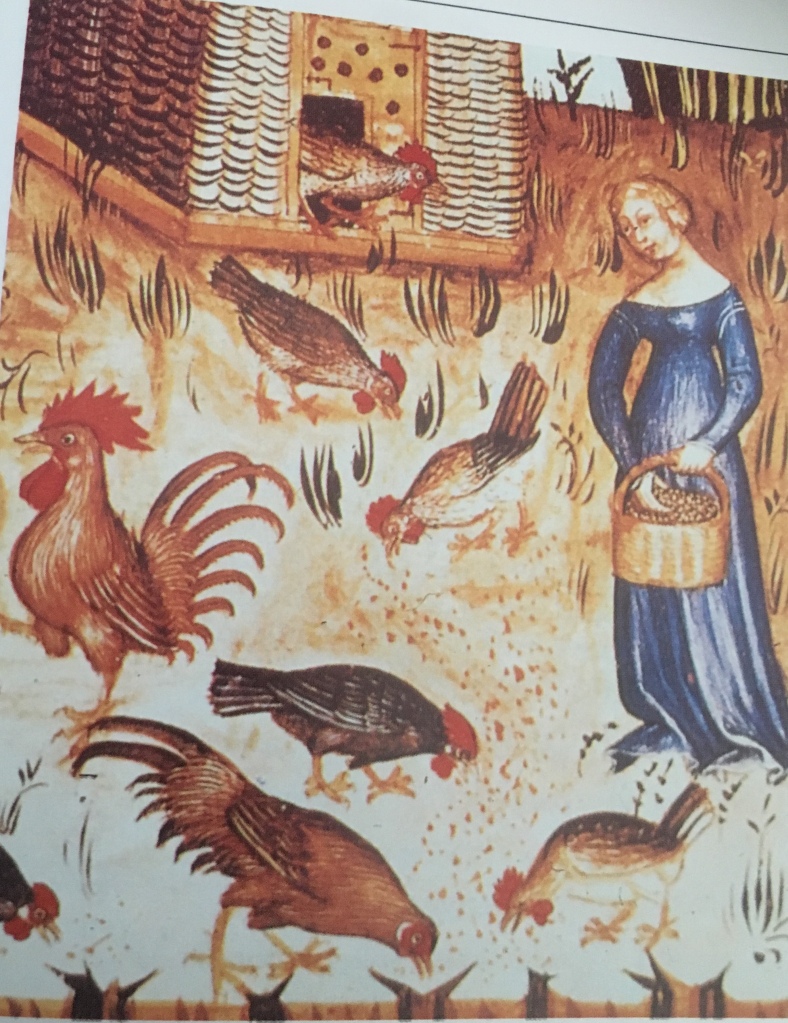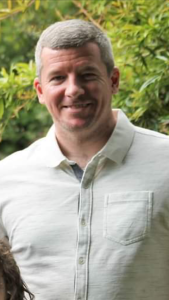Coffee and Lunch Spots

Clement and Pekoe, South William Street.
Relaxed and popular coffee shop.
Industry Design Shop, Drury Street.
Homeware and design shop with an excellent café serving salads, soups, sandwiches and cakes.
Loose Canon Cheese and Wine, Drury Street
Specialist wine shop serving cheese boards and charcuterie.
Pi Pizza, South Great George’s Street.
Popular new restaurant serving good, wood-fired pizza.
Ramen Bar, William Street South.
Casual restaurant serving fresh, generous bowls of ramen and other Japanese dishes.
Cornucopia Vegetarian Restaurant, Wicklow Street.
Ever popular vegetarian restaurant serving both soup, salads and larger hot meals.
Bunsen, Four Locations in the city centre.
Popular, reasonably priced option for burgers.
Brother Hubbard, North on Capel Street, South on Harrington Street
Modern, Middle-Eastern style food, particularly popular for brunch.
Restaurants
Fallon and Byrne, Exchequer Street.
Gourmet grocery shop with a basement wine bar and popular restaurant upstairs.
Pearl Brasserie, 20 Merrion Street Upper.
Elegant basement restaurant serving French food. Close to Merrion Square, Museums and government buildings.
Hugo’s Restaurant, Merrion Row.
Lively bistro restaurant close serving an Irish menu with French influences.
The Winding Stair, Lower Ormond Quay.
Irish restaurant in an airy room overlooking the River Liffey with downstairs book shop.
The Greenhouse, Dawson Street.
Michelin-starred modern restaurant serving Irish, seasonal ingredients.
L’Ecrivain, Baggot Street Lower.
Modern French restaurant serving seasonal Irish ingredients.
The Pig’s Ear, Nassau Street.
Restaurant overlooking Trinity College serving seasonal Irish food.



 Jason is a postgraduate student in UCD exploring the discourse of sexuality in early modern literature with particular emphasis on the sense of touch. His work investigates whether early modern sexuality fragments into sanctioned procreation through marriage, an outcome of sexual touch, and proscribed acts of sexual pleasure for recreation.
Jason is a postgraduate student in UCD exploring the discourse of sexuality in early modern literature with particular emphasis on the sense of touch. His work investigates whether early modern sexuality fragments into sanctioned procreation through marriage, an outcome of sexual touch, and proscribed acts of sexual pleasure for recreation. 
 Mark is a PhD candidate with the School of English, Drama and Film UCD. Research area: articulations of appetites, agency and addiction in pre-modern literature, with particular focus on late-medieval and early modern English verse.
Mark is a PhD candidate with the School of English, Drama and Film UCD. Research area: articulations of appetites, agency and addiction in pre-modern literature, with particular focus on late-medieval and early modern English verse.